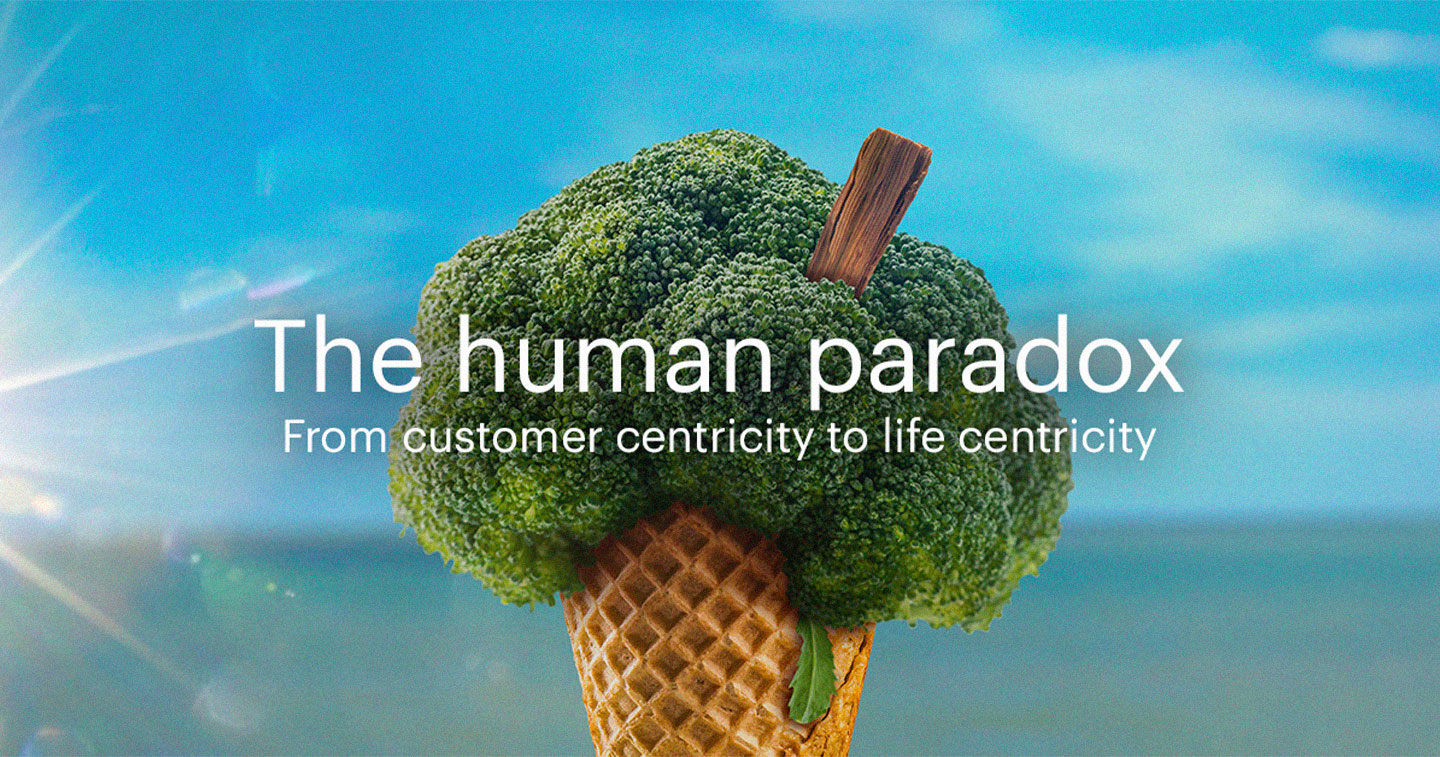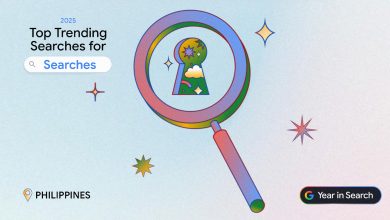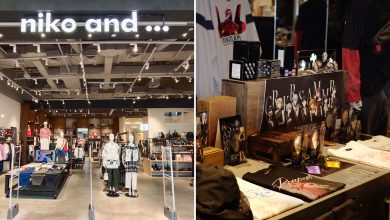MANILA, PHILIPPINES — The vast majority (88%) of executives believe that customers and employees are changing faster than they can change their businesses, which is leading to a crisis of relevance, according to a new report from global professional services company Accenture.
“External factors, from economic to cultural, environmental and political, are affecting people more than ever before, making life more complicated and purchasing decisions more multi-faceted,” said Baiju Shah, chief strategy officer, Accenture Song. “There is a growing divide between what consumers need and value and what businesses offer, creating a relevance gap. We believe that companies can bridge this gap and herald significant growth by not focusing on promoting consumption, but in meaningfully contributing to customers’ lives.”
The report, titled “The Human Paradox: From Customer Centricity to Life Centricity” and based on a survey of more than 25,000 consumers across 22 countries, focused on the gap between people’s expectations of what businesses should be providing, and what businesses think their customers want.
According to the research, two-thirds (67%) expect companies to understand and address their changing needs during times of disruption. Yet oversimplifying segmentation and underestimating the impact of external pressures on behavior has led to this chasm between expectation and reality. To bridge the gap, businesses need to see their customers as they see themselves: multifaceted, complex, and doing their best to adapt to unpredictable life circumstances; and use that insight to meet customers’ evolving needs.
What customers want
Six in 10 consumers (61%) said that their priorities keep changing because of external pressures and as a result, are perpetually in multiple stages of crisis management, with paradoxical behaviors emerging, including:
- Customers are prioritizing themselves but want to effect change for others: Even as up to 66% of consumers say their decision-making is driven by their own needs, some 72% of consumers feel they can personally impact the world and their communities through behaviors and buying choices. For example, a consumer will select a one-hour delivery for sustainable products.
- Customers want to follow their personal values but not at the expense of financial value: More than half of consumers say the pandemic motivated them to adopt a more sustainable lifestyle, but up to 65% say price increases have led them to select lower-cost brands on recent purchases. For example, a consumer will seek to buy ethically farmed, sustainable beef but select the cheaper option, particularly in this inflationary environment.
- Customers want to be in control of their fate but also want to be guided to it: Though over three-quarters (76%) of customers feel empowered to make key decisions in their life, nearly two-thirds (64%) of people wish that companies would respond faster with new offerings to meet their changing needs. For example, a consumer wants to feel like they are making their own decision on which product to buy, but is also comfortable going with what’s recommended to them.
Human beings, not walking wallets
While paradoxical behaviors in humans are not new, what’s changed is the increasing frequency and comfort with which they are made: Two-thirds (69%) of consumers globally who admit to behaving inconsistently think that paradoxical behaviors are both human and acceptable.
“Instead of seeing customers as just a pair of hands that decide when to reach for the wallet, they should be viewed as ever-changing, ever-evolving individuals deeply affected by a variety of external influences,” added Rachel Barton, lead of Accenture Strategy’s business in Europe and co-author of the report. “Only by understanding these contexts will businesses have the right strategy to offer the most relevant solutions and help drive growth.”
What businesses should do: From customer-centricity to life-centricity
While the report found nearly all businesses are struggling to stay relevant, it goes on to suggest that companies that embrace a life-centric approach, bridging the experiential interplay between customers’ ever-changing lives and the external forces that influence them daily, are best positioned to thrive in the future, form new connections, and create relevant brands, products, or services.
“‘Customer-centric’ thinking took businesses a long way in creating memorable experiences for people,” said David Droga, chief executive officer and creative chairman, Accenture Song. “But given the weight of disruption people are grappling with in their lives, we believe businesses need to evolve to not only stay relevant, but to be useful to customers. ‘Life-centric’ businesses see customers differently, understand external forces affecting their decision-making and provide valuable solutions for their needs in a simple and profound way.”
“The Human Paradox” global research is the first in a year-long series of research reports focused on helping businesses understand “life-centricity” as their new approach to long-term sustainable growth and relevance.
For more information about what it takes to be a life-centric business, click here.








